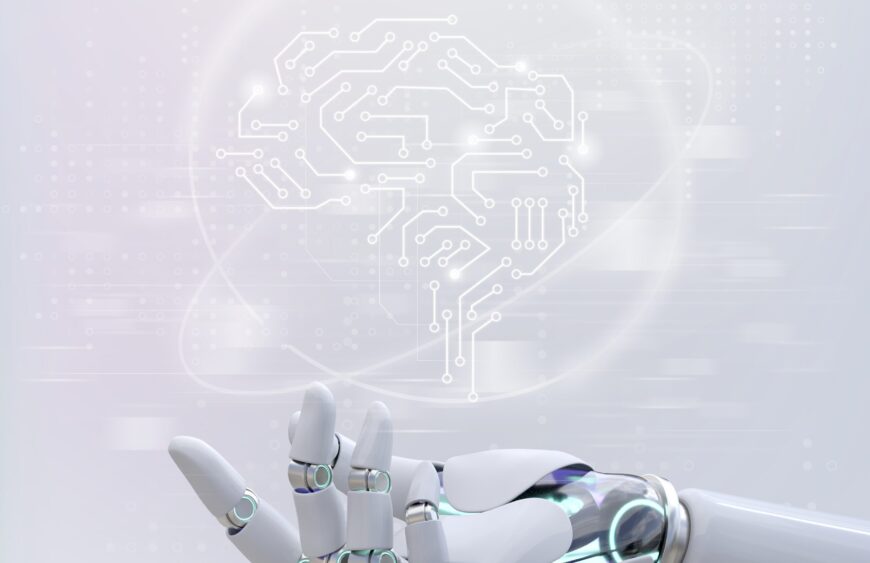Artificial Intelligence (AI) is revolutionizing the field of life sciences, providing new tools and techniques to help researchers better understand biological systems and develop new treatments for diseases. In this blog, we will explore the role of AI in life sciences and some of the exciting developments in this field.
What is AI in Life Sciences?
AI involves the development of computer algorithms that can perform tasks that typically require human intelligence, such as recognizing patterns, making predictions, and making decisions. In life sciences, AI is being used to analyze vast amounts of data, such as genetic data and medical records, to identify patterns and correlations that can help researchers better understand diseases and develop new treatments.
Applications of AI in Life Sciences
- Drug Discovery: AI is being used to analyze large amounts of data to identify potential drug candidates. By using machine learning algorithms, researchers can analyze data from a variety of sources, such as chemical libraries, genomic data, and clinical trial data, to identify compounds that may be effective in treating a particular disease.
- Personalized Medicine: AI is being used to analyze individual patient data, such as genetic data and medical records, to develop personalized treatment plans. By using machine learning algorithms, researchers can identify patterns and correlations that can help them develop more effective and personalized treatments for individual patients.
- Medical Imaging: AI is being used to analyze medical images, such as X-rays and MRI scans, to help doctors diagnose diseases and develop treatment plans. By using machine learning algorithms, researchers can identify patterns in medical images that can help doctors make more accurate diagnoses and develop more effective treatment plans.
Challenges in AI in Life Sciences
While AI has shown great promise in life sciences, there are still several challenges that need to be addressed. One of the biggest challenges is the need for high-quality data. AI algorithms are only as good as the data they are trained on, so it is essential to ensure that the data used to train AI algorithms is accurate and representative of the population being studied. Another challenge is the need for better algorithms that can handle complex data sets and make accurate predictions.
Conclusion
AI is revolutionizing the field of life sciences, providing researchers with new tools and techniques to better understand biological systems and develop new treatments for diseases. From drug discovery to personalized medicine to medical imaging, AI is being used in a variety of ways to improve the health and well-being of people around the world. While there are still challenges to overcome, the future of AI in life sciences looks bright, and it is likely to play an increasingly important role in the years to come.



